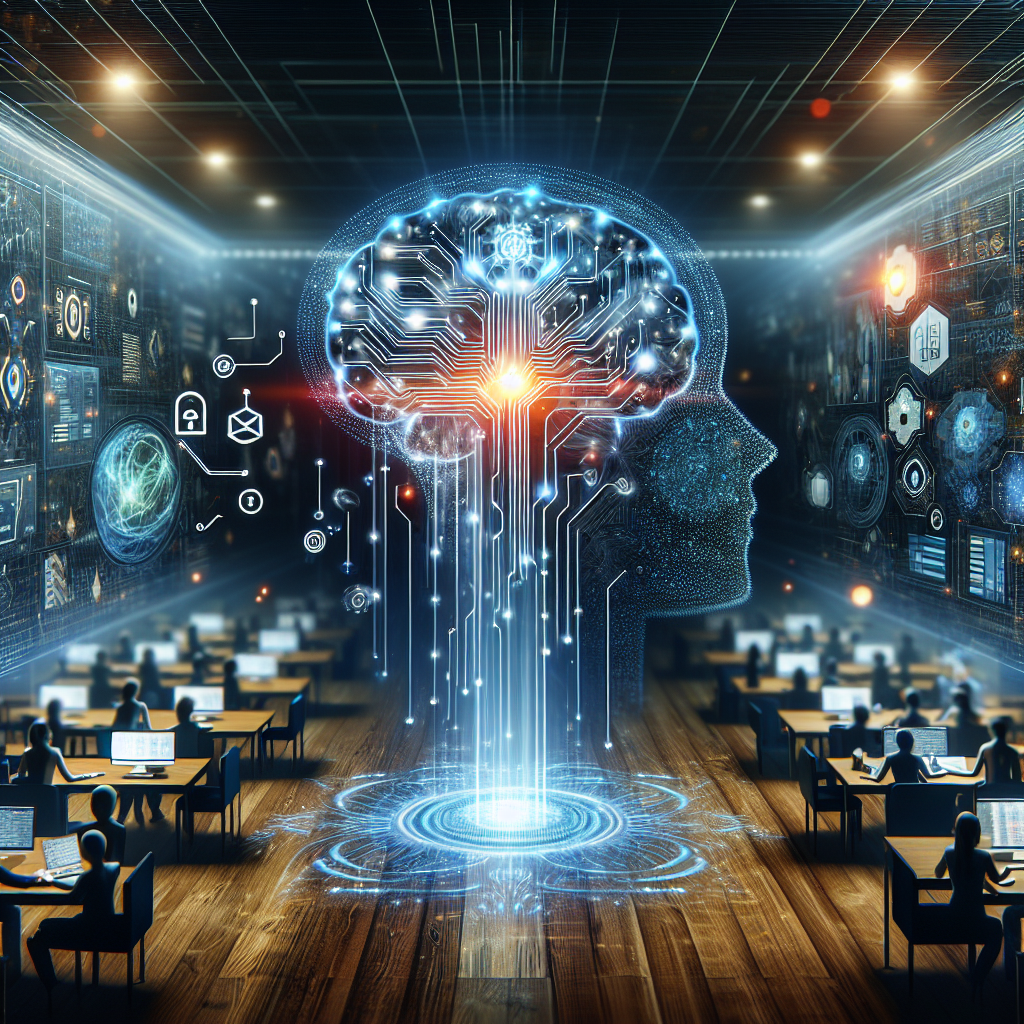Artificial Intelligence (AI) has revolutionized the way businesses operate, and marketing is no exception. Marketing automation platforms have been utilizing AI to streamline processes, personalize customer experiences, and drive revenue growth. In this article, we will explore the impact of AI on marketing automation platforms and how it is changing the way companies engage with their customers.
AI-powered marketing automation platforms have the ability to analyze vast amounts of data in real-time, allowing businesses to make data-driven decisions and create more personalized marketing campaigns. By leveraging AI algorithms, these platforms can segment customers based on their behavior, preferences, and demographics, enabling businesses to deliver targeted messages to the right audience at the right time.
One of the key benefits of AI in marketing automation is the ability to automate repetitive tasks, such as sending emails, updating CRM systems, and managing social media campaigns. This frees up marketers to focus on more strategic initiatives, such as developing creative content, analyzing campaign performance, and optimizing customer journeys.
AI also enables marketing automation platforms to predict customer behavior and preferences, allowing businesses to anticipate their needs and tailor their marketing efforts accordingly. By analyzing historical data and using machine learning algorithms, these platforms can identify patterns and trends that help businesses better understand their customers and drive engagement.
Another significant impact of AI on marketing automation platforms is the ability to personalize customer experiences at scale. By leveraging AI-powered algorithms, businesses can create dynamic content that is tailored to individual customers, increasing engagement and conversion rates. AI can also optimize marketing campaigns in real-time, adjusting messaging, targeting, and timing based on customer interactions and feedback.
Furthermore, AI-powered marketing automation platforms can improve lead generation and nurturing efforts by identifying high-value leads and delivering personalized content to move them through the sales funnel. By analyzing customer data and behavior, these platforms can prioritize leads based on their likelihood to convert, allowing businesses to focus their resources on the most promising opportunities.
In addition to improving customer engagement and driving revenue growth, AI in marketing automation platforms can also enhance customer service and support efforts. Chatbots powered by AI can provide instant responses to customer inquiries, resolve common issues, and escalate more complex problems to human agents. By automating routine customer interactions, businesses can improve response times, reduce costs, and enhance the overall customer experience.
Despite the many benefits of AI in marketing automation platforms, there are also challenges and considerations that businesses need to be aware of. One of the key challenges is the need for high-quality data to train AI algorithms effectively. Without clean, accurate, and relevant data, AI-powered marketing automation platforms may produce inaccurate or biased results, leading to suboptimal outcomes.
Another challenge is the potential for AI to replace human creativity and intuition in marketing decision-making. While AI can analyze data and optimize campaigns, it may lack the emotional intelligence and strategic thinking that human marketers bring to the table. Businesses need to strike a balance between automation and human input to ensure the success of their marketing efforts.
In conclusion, AI is transforming marketing automation platforms by enabling businesses to analyze data, personalize customer experiences, automate repetitive tasks, and optimize campaigns in real-time. By leveraging AI algorithms, businesses can drive engagement, increase conversion rates, and improve customer satisfaction. While there are challenges and considerations to navigate, the benefits of AI in marketing automation far outweigh the drawbacks. As AI continues to evolve, businesses that embrace this technology will be better positioned to succeed in an increasingly competitive marketplace.
FAQs:
Q: How can AI improve lead generation in marketing automation platforms?
A: AI can improve lead generation by analyzing customer data and behavior to identify high-value leads, prioritize them based on their likelihood to convert, and deliver personalized content to move them through the sales funnel.
Q: What are the challenges of using AI in marketing automation platforms?
A: Challenges of using AI in marketing automation platforms include the need for high-quality data to train AI algorithms effectively, the potential for AI to replace human creativity and intuition, and the risk of producing inaccurate or biased results without proper data management.
Q: How can businesses strike a balance between automation and human input in marketing decision-making?
A: Businesses can strike a balance between automation and human input by leveraging AI to analyze data, optimize campaigns, and automate repetitive tasks, while also incorporating human creativity and intuition in strategic decision-making and customer interactions.

